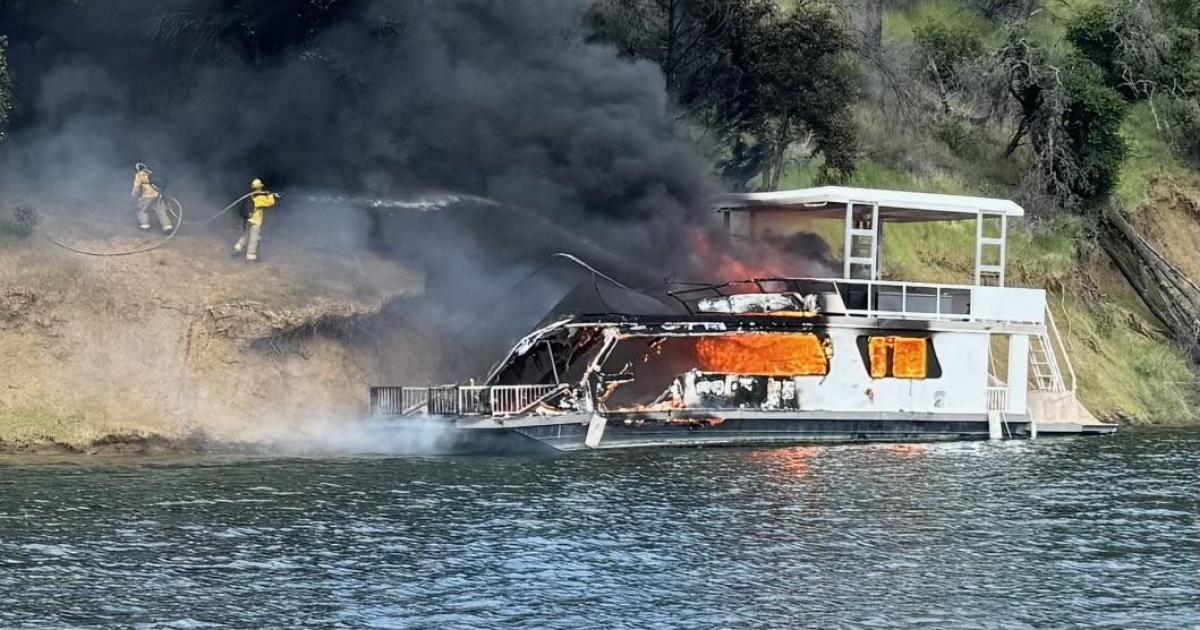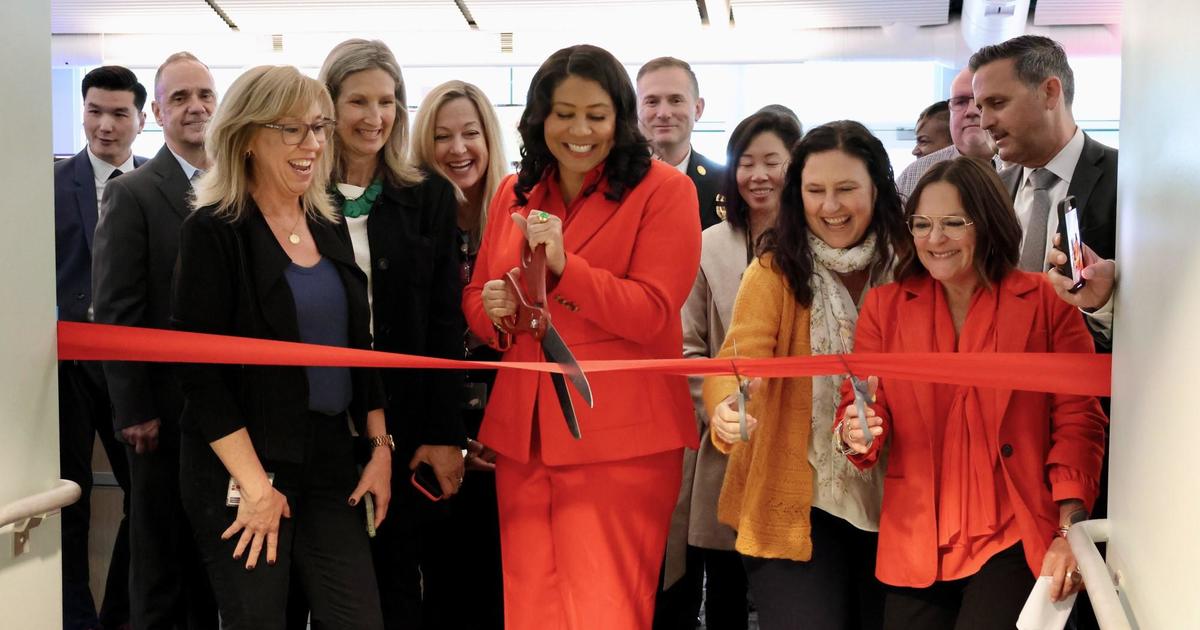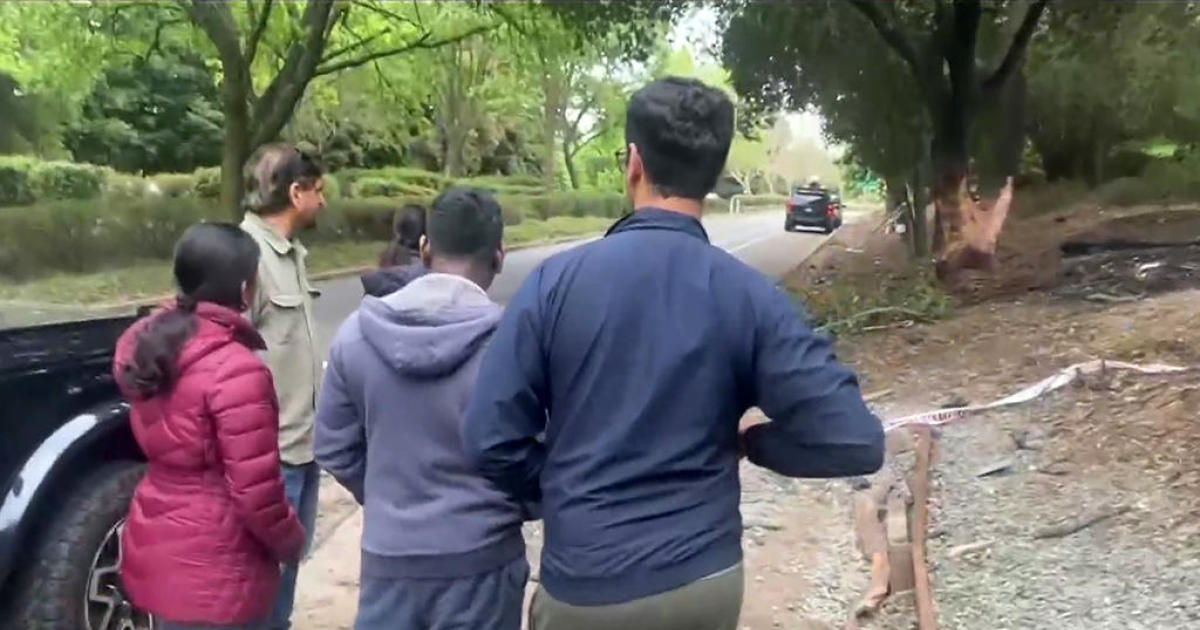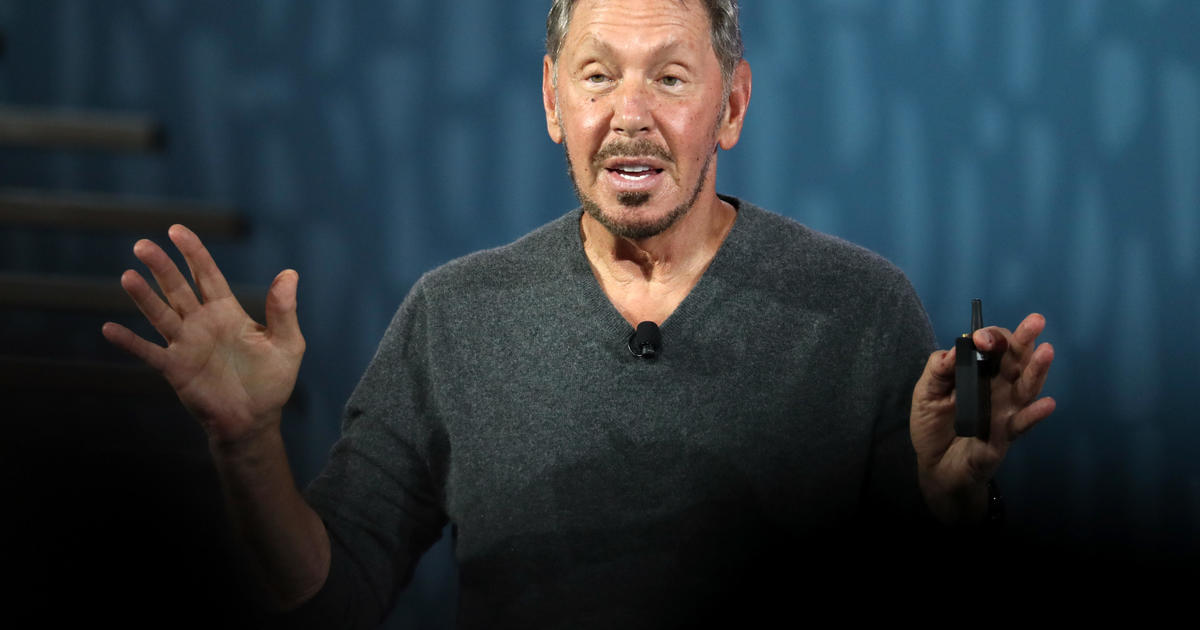Ex-Manager Alleges Recology Submitted False Claims For Payment From State's Recycling Fund
SAN FRANCISCO (KPIX 5) -- San Francisco's recycling company Recology claims to be the greenest in the nation. But a former supervisor said some of their recycling numbers were inflated when he worked there , at the expense of California consumers who pay into the state's CRV redemption fund.
"I do believe in the green environmentally sound policies," said Brian McVeigh. He was once proud of his job as a supervisor at Recology, where a curbside bin program and two buyback centers have helped San Francisco reach an 80 percent recycling rate, the highest in the nation.
But at the buyback center on Tunnel Road, Brian said there were problems.
Assigned to fix things, he installed surveillance cameras and soon confirmed his suspicions: The weights of some of the buy-back material were getting inflated.
He showed KPIX 5 one transaction caught on video in which the customer brings in what looks like just a few pounds of plastic and aluminum. But the "report" for that transaction shows something completely different: 68 pounds of plastic and 47 pounds of aluminum. Then off the customer goes to get the cash to later split with his buddy, the employee.
"This is just an example of what would go on all day," said McVeigh.
In rate year 2008 for example, company records show 4.1 million pounds of bottles and cans taken in for recycling at Tunnel road, but only 2.5 million pounds leaving for processing. Armed with this evidence, McVeigh took his findings to management but says he was told to back off, even threatened.
"I was told that people in the company wanted me as the quote was, in the pit, in the landfill. I took it as a death threat," said McVeigh.
In 2008, McVeigh was terminated. In a lawsuit, he claims Recology was covering up the alleged fraud because he says they were profiting from it.
"They have scammed the city and the ratepayers," said McVeigh's attorney David Anton.
Anton said based on the inflated weights, Recology received bonuses for diverting more waste from the landfill. "The company went to the city and said you should pay us a bonus if we help get diversion," he said.
And that's not all. McVeigh's lawsuit claims Recology was defrauding the state as well. Here's how: the state pays Recology $1.06 a pound for a plastic bottle from a buyback center. It's the same kind of bottle that comes from the curb at your house, but the curbside bottle is only worth 51 cents a pound because it may not be as clean.
McVeigh says Recology was reporting more of the valuable bottles than they really had and filling in what was missing with the lesser value curbside bottles.
"Every time a vehicle comes in with material it comes across a scale and it's weighed and recorded," said Recology's Robert Reed. He claims there's no way the two kinds of recycling material could get mixed up.
But what he failed to explain is what we noticed when he took us on a tour inside Recology's processing center, called Recycle Central, at Pier 96. The curbside material is actually a mountain of bottles and cans and paper and even some garbage. Once it's sorted into bales, the bales are not labelled as coming from curbside. Bales of buyback material shipped from tunnel road aren't labelled either. So by the time the bales get weighed leaving Pier 96, it appeared there's no way to tell which is which.
"Could you theoretically take it from the curbside and mix it with the buyback?" we asked him.
"We are doing everything humanly possible to make sure these programs run correctly," said Reed.
The company says if there ever "was" any cheating, San Francisco ratepayers were not affected.
As for those company records that show millions of buyback pounds missing? "Those allegations are false, and because there's pending litigation we are limited in what we can say about it," said Reed.
We asked Cal Recycle, the state agency that oversees recycling companies, about McVeigh's allegations. They said they investigated and were not able to substantiate them, but they did assess a few thousand dollars in penalties against Recology.
Recology meanwhile said it has changed protocols at its buyback centers. In 2009 after McVeigh left the company, the scales were connected to a computer, making it harder for employees to cheat.



